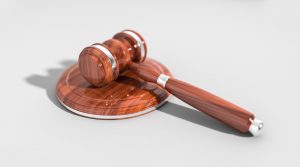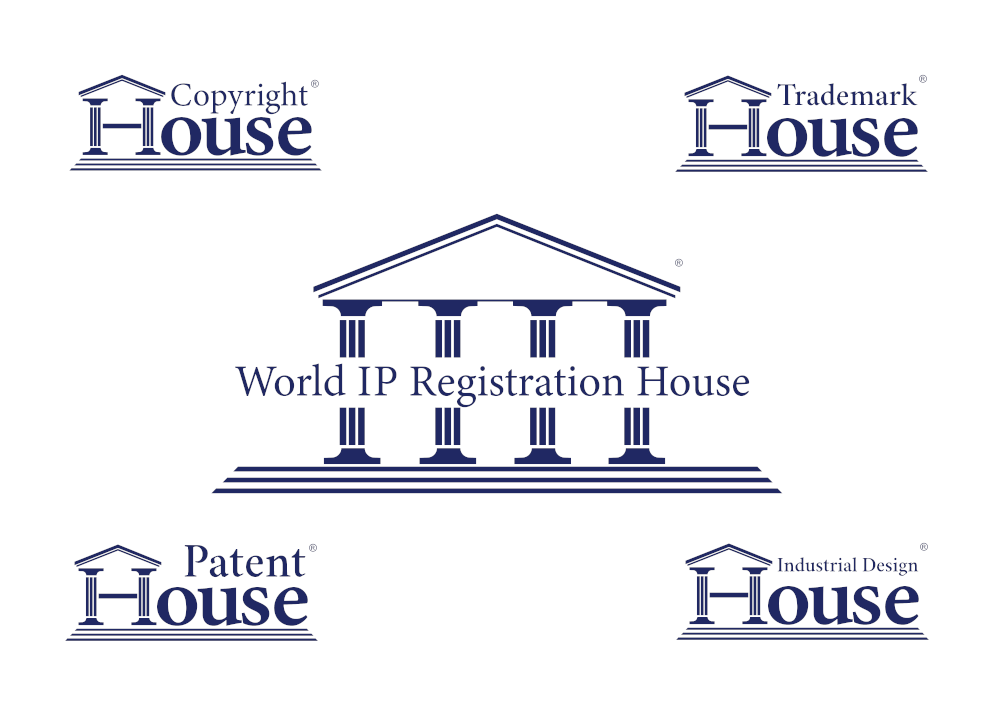Fair use, or fair dealing (as it is referred to in the UK and for the remainder of this article), is an exception to copyright law which means that copyright protected work can be reused under specific circumstances without risking copyright infringement.
Fair dealing is a rule that can be used in your defence if you ever find yourself in a copyright dispute.
There are some strict rules, however, and it is important to know what is (and is not) protected by the exemption.
An example of when use of copyrighted materials are likely to be covered by the fair dealing exception is when the original work was created with the intention of being educational.
This means that schools, researchers, and others in the education sector can safely use some content for their (or their students’) studies without worrying about copyright infringement.

Fair dealing can also apply to reviews and critiques of copyrighted works. For example, if you are writing an article on a particular piece of copyrighted work, then it is acceptable to quote that piece with credit to the copyright holder.
However, this is only so provided that you quote a limited amount of the
original work. If you quote more than can be justified or is relevant, then you may still be subject to copyright infringement regulations.
The same rules apply to reporting, though it is important to note that images are excluded from fair dealing exemptions and cannot be used, under any circumstances, without permission from the copyright holder.
If someone uses a photograph for journalism or reporting purposes without
the permission of the copyright holder, then they will be in violation of
copyright law and will be infringing on the copyright of the photographer.
Alongside these rules, fair dealing can only be used in your defence if your
use of copyright protected works is non-commercial.
If you were to reproduce someone else’s copyrighted content (in any way) for commercial purposes, then permission would be required from the owner, likely alongside royalty payments or other monetary agreements.
Before you commit to reusing or repurposing any copyrighted material, you
must be certain that your use does indeed fall under the fair dealing category, as you may be asked to prove this in court later if the copyright holder believes you to have infringed upon their work.

You may have to explain what sections of the copyrighted content you’ve
used and why, whether the content was already available to the public, or to justify the amount of copyrighted content used.
In fair dealing defences of the reporting of current events, you may be asked to explain why you think that the content used is relevant to the fair dealing exception.
Older topics are less likely to be accepted under fair dealing of current-event reporting, as they are no longer relevant to the current situation.
Another question asked to determine whether use of copyright content is in
fact fair dealing, is whether the new content is diverting the public away from the original, causing lost revenue.
If this is the case, then the work cannot be exempted from copyright law.
When you have included in your piece the content which you consider to be
fair dealing, it is important to ensure that there is enough of your own content (even if it is a discussion of the copyrighted content) in order to further justify your use of the content if you need to.
It is always beneficial to be cautious when using work which you think is
classed as fair dealing, and to take every precaution to ensure that you are not infringing upon the creator’s copyright.
Disclaimer: The information given on this website does not constitute legal
advice. We recommend that you seek specialist legal advice in accordance with specific circumstances.



